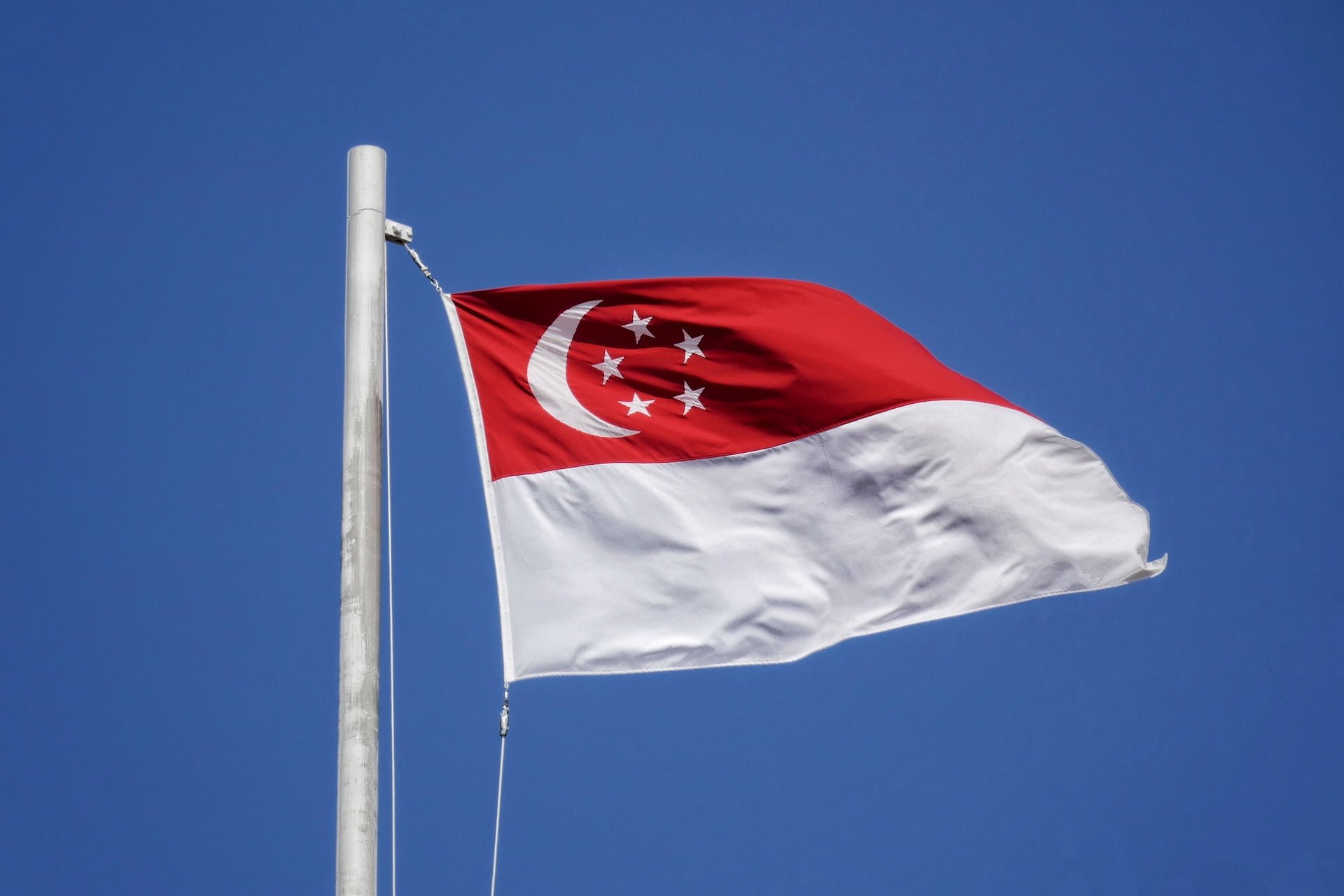Blockchain-based payments firm Ripple secures regulatory approval from Singapore’s financial regulator, the Monetary Authority of Singapore (MAS). This approval is to offer digital asset payments and token products within the city-state.
Ripple’s “On-Demand Liquidity” set to expand with Singapore’s in-principle nod
Further, the approval, granted to Ripple Markets Asia Pacific, will enable the company to further scale its “On-Demand Liquidity” (ODL) service. ODL facilitates seamless XRP liquidity transfers for Ripple’s customers across the globe, eliminating the need for intermediary banks.
Ripple CEO Brad Garlinghouse commended the forward-thinking stance of the Singaporean regulator, highlighting its “pragmatic, innovation-first approach” towards cryptocurrency-related services. Also, Garlinghouse expressed his belief that Singapore will serve as a significant gateway for Ripple’s business operations in the Asia Pacific region.

The institutional payment license application was submitted under Singapore’s Payment Service Act.
Leadership and Expansion
Acknowledging Singapore’s early leadership in the crypto space, Ripple’s chief legal officer, Stu Alderoty, emphasized that this approval not only expands Ripple’s customer reach but also paves the way for other regulators to establish a clear taxonomy and licensing framework.
Alderoty further emphasized Ripple’s commitment to supporting its forward-thinking customers in building a more inclusive and borderless financial system by leveraging blockchain and crypto technologies.
In 2022, Ripple experienced significant growth in its Asia Pacific headquarters, doubling its employee count. The majority of ODL transactions flowed through Singapore, solidifying its role as a key hub for Ripple’s operations in the region.
On June 21, the MAS released its Purpose Bound Money white paper, proposing standards for fintech firms engaged in digital money services in Singapore. However, Ripple’s compliance journey in Singapore encountered relatively fewer legal barriers compared to other jurisdictions.
U.S. Legal Challenges

However, Ripple has faced legal challenges from the U.S. Securities Exchange Commission (SEC) since December 2020. The SEC accused Ripple of offering XRP, the token that powers the XRP Ledger, as an unregistered security. The high-profile case is currently awaiting a ruling, expected in the coming months, according to Garlinghouse.
Ripple’s Global Collaborations
Aside from its developments in Singapore, Ripple has formed partnerships with central banks around the world. Notably, it recently collaborated with Colombia’s central bank, Banco de la República. This was to pilot a central bank digital currency on the XRP Ledger.
Ripple has also partnered with central banks in Montenegro and Thailand. Additionally, it has partnered with numerous regional banks and financial institutions globally.
Read More:
Coinbase Employs Unconventional Legal Strategy In Anticipation of SEC’s Crackdown

